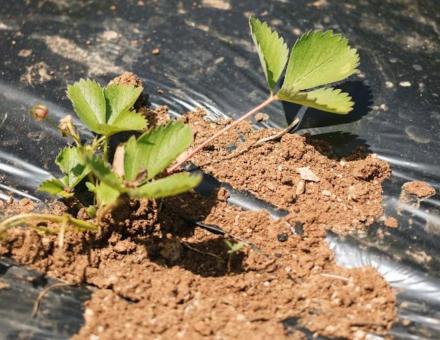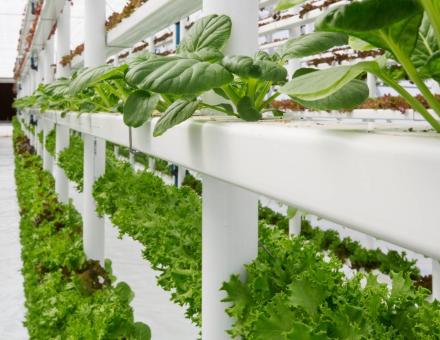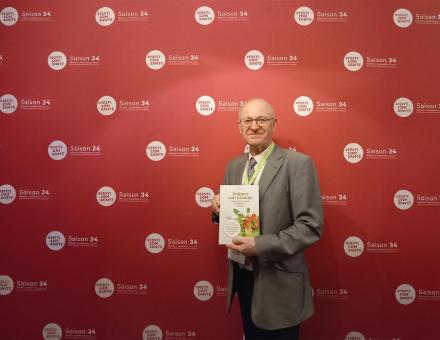UniLaSalle Rennes, a partner in the CASCADE project co-financed by the European Union as part of the INTERREG North-West Europe program, reached a decisive milestone in June 2025, marking the peak of activities for an ambitious project to promote biomass for urban resilience.
Biochar at the service of permeable cities
At the heart of the CASCADE project is the development of a model for converting biomass into biochar, designed to promote the permeability of urban soils. As the project enters its final year, the partnerships forged and the knowledge accumulated are beginning to bear fruit.
Two demonstration sites have been set up in collaboration with Rennes Métropole and the City of Rennes to monitor the performance of biochar in sports fields and tree planting pits. These experiments will evaluate the ability of biochar to improve water management in urban areas.
CASCADE in the spotlight at the LUGA exhibition
On June 18 and 19, the project was also featured at the LUGA (Luxembourg Urban Garden) exhibition. A morning of conferences and an exhibition stand highlighted the scenarios for using biochar imagined by the various CASCADE partners. UniLaSalle Rennes presented its work on the sponge city concept, attracting the interest of construction professionals and the general public.
A low-tech experiment in the heart of Brittany
At the same time, a new phase began with the launch of a month-long experiment in low-tech pyrolysis. This approach aims to test solutions adapted to the conversion of fragmented, raw, and heterogeneous residual biomass specific to the Breton context.
In partnership with Kerlotec, Mezen, and Rezomes, the ECLORE research unit at UniLaSalle Rennes is leading a comparative testing campaign on two low-tech pyrolysis techniques. Three pilot farms, selected through a call for expressions of interest launched in the spring, have been trained in the handling of pyrolyzers, safety, and the experimental protocol. They will independently conduct the pyrolysis cycles throughout the month of July. UniLaSalle Rennes will characterize the biochars produced in order to analyze their properties.
An exemplary educational integration
UniLaSalle Rennes' commitment to the CASCADE project goes beyond research. The “Energy Transition, Renewable Energies” major in the engineering program has integrated the theme of biochar.
Two groups of fourth-year students contributed to the experiment: one by developing a test protocol for pyrolysis furnaces, the other by conducting a prospective study on the opportunities and obstacles to the development of a low-tech biochar industry in Brittany. This work enriches the ongoing discussions and feeds into ECLORE's research projects.
A comprehensive and committed approach
In summary, June 2025 marks a pivotal phase for UniLaSalle Rennes in the CASCADE project. By combining applied research, regional commitment, and engineering education, the school is confirming its leading role in the ecological transition and its desire to innovate for the benefit of local communities.






